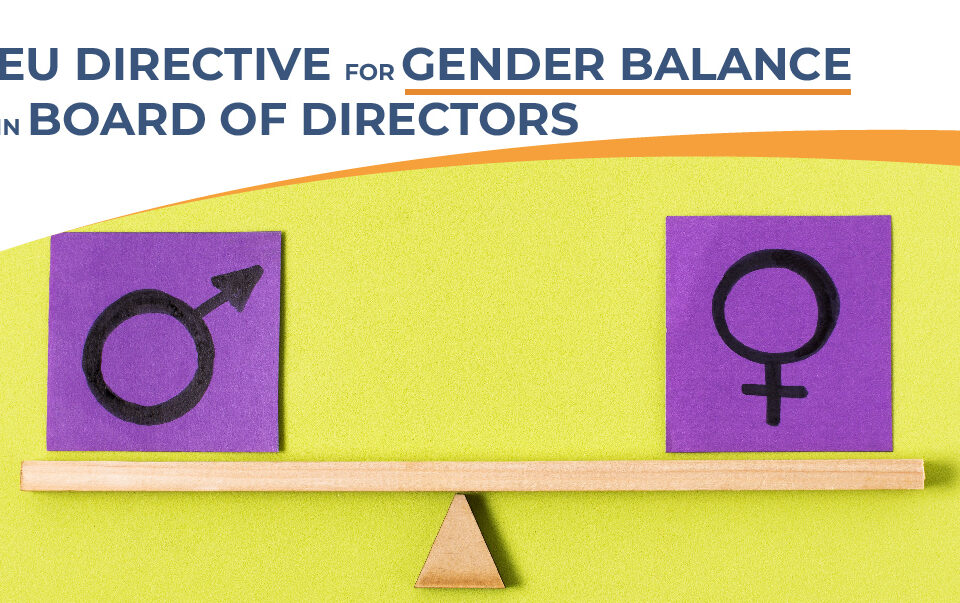
Mecspe 2024 fra innovazione e sostenibilità
Febbraio 29, 2024
The Digital Product Passport (DPP)
Maggio 29, 2024The new CSRD
CSRD came into effect on January 5, 2023, and is set to expand the scope of sustainability reporting, affecting about 50,000 companies across Europe.
Introduction
The Corporate Sustainability Reporting Directive (CSRD) is new EU legislation that requires all large companies and publicly traded SMEs to report regularly on their environmental, social and economic impact activities. The directive helps investors, consumers, policymakers and other stakeholders assess the performance of large companies and encourages companies to develop more responsible approaches to business. With CSRD, the European Commission for the first time sets out a common reporting framework for non-financial data.
What is the Corporate Sustainability Reporting Directive (CSRD)?
To help improve the flow of money to sustainable activities throughout the European Union, the European Commission adopted the ambitious and comprehensive Sustainable Finance Package on April 21, 2021. One of the measures proposed within the package is the Corporate Sustainability Reporting Directive (CSRD).
The directive expands the scope and reporting requirements of the existing Non-Financial Reporting Directive, a regulatory framework that as of 2018 requires large public interest entities to report on their sustainability performance.
This new legislation comes into play at a time when environmental, social and governance (ESG) reporting is becoming increasingly relevant. There is evidence that the information hitherto provided by companies is insufficient; in fact, according to the European Commission, reports often omit information that investors and other stakeholders consider important. The information reported can be difficult to compare between companies, and users are often unsure whether they can trust what is reported. For example, investors need to evaluate this information in order to prepare financial statements under the SFRD and direct investments toward sustainable technologies and companies.
With its new requirements, the EU addresses quality reporting by establishing a common reporting framework. In addition, CSRD aims to ensure that companies report reliable and comparable sustainability information, which will make it easier for investors and other stakeholders to assess the risks and opportunities associated with investing in these companies.

Which companies must comply with CSRD?
While the NFRD requires only public interest entities with more than 500 employees to report their sustainability performance, the CSRD requires all large companies that meet two of the following three criteria to report on their sustainability:
more than
250
employees
more than
40
Mil € in net turnover
more than
20
Mil € in balance sheet
CSRD also applies to all publicly traded companies, with the exception of microenterprises, with fewer than 10 employees or less than €20 million in turnover.
As soon as it comes into force, nearly 50,000 companies in the EU will have to follow the detailed EU sustainability reporting standards.
What are the implications of CSRD for companies?
Many companies will soon have to comply with CSRD, not only in order to be able to prepare their financial statements but also as suppliers, who must be accountable to the companies with which they collaborate and report. CSRD therefore affects not only medium to large companies but, indirectly, small ones as well.
On November 28, 2022, the Council of the European Union gave final approval to CSRD, and following the Council's endorsement of the European Parliament's position, the legislative act was adopted.
Adopted as part of the Sustainable Finance Package on April 21, 2021, the CSRD entered into force on January 5, 2023. The directive expands the scope of sustainability reporting, affecting some 50,000 companies across Europe.
Compliance is imminent: companies will have to report in line with CSRD on January 1, 2025, for fiscal year 2024. This will be challenging for reporting companies, as data collection and auditing is an arduous process that requires time and resources. If your company is not (yet) familiar with this legislation and you are wondering whether it will need to take action on it, then now is the time to learn more about it.
Benefits and opportunities of CSRD
The legislation represents an opportunity for many companies to demonstrate a concrete commitment to environmental, social and governance sustainability. ESG ratings and certifications are important metrics about corporate welfare, so much so that investment choices increasingly include sustainability among their decision-making criteria.




